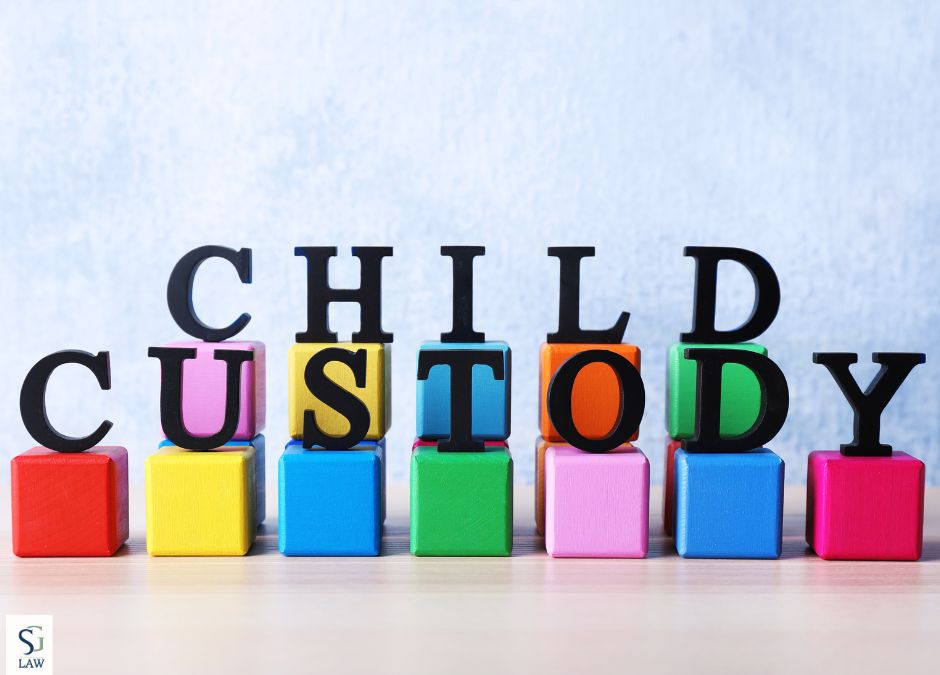People often fantasize about making a clean break when they file for divorce. They want to wash their hands of their spouse and never see them again. However, that is not a very realistic goal for most spouses with children.
Unless there is a very unusual situation involving substance abuse, domestic violence or extreme health issues that affect someone’s parenting abilities, most parents divorcing or breaking up with underage children can expect to share custody. In fact, Virginia state law actually identifies two separate forms of custody that parents typically share when co-parenting.
What are the two kinds of custody?
1. Physical custody
Parents largely focus their custody concerns on physical custody. Physical custody can be either sole or joint. Sole physical custody means that the child lives with one parent most of the time and the other parent may have visitation rights. Joint physical custody means that the child spends significant time living with both parents, and they share the responsibility for making decisions about the child’s care.
The parent who has physical custody at any given moment is the one currently spending time with the children and providing for their basic needs. Typically, that parent would have to take the children to the hospital after a bicycle injury or pick them up from school when they get sent home due to disciplinary issues at 10:30 in the morning on a Tuesday. The parent with physical custody also typically has to provide shelter, food, and other basic necessities for the children during their parenting time.
2. Legal custody
Legal custody refers to the right and responsibility to make major decisions about a child’s upbringing, including decisions related to the child’s education, medical concerns, religious upbringing, and general welfare. In the context of a divorce or separation, legal custody determines which parent has the authority to make these important decisions on behalf of the child.
Parents have a lot of influence on who their children become in no small part because they have legal custody. They have the authority to make choices about healthcare matters, education and even socialization. Typically, parents that share physical custody often share legal custody as well.
If certain decisions, like healthcare matters, are very important to you because of your religion or your profession, you may ask for more legal custody in certain areas or the final decision-making authority in some cases. Otherwise, parents who share physical custody often have to reach an agreement about matters involving a child’s future.
Frequently Asked Questions about Physical and Legal Custody in a Virginia Divorce
Can physical custody be shared between both parents in a Virginia divorce?
Yes, physical custody can be shared between both parents, resulting in a joint physical custody arrangement. This means the child spends significant time with both parents.
Can legal custody be shared in a Virginia divorce?
Yes, legal custody can be shared in a joint legal custody arrangement. Both parents have equal rights to participate in making major decisions for the child.
How does the court decide on physical custody in VA?
The court considers the best interests of the child when determining physical custody. Factors such as each parent’s ability to provide a stable home, the child’s relationship with each parent, and the child’s preferences (depending on their age) are taken into account.
How does the court determine legal custody in a Virginia divorce?
Similar to physical custody, the court considers the best interests of the child when determining legal custody. Courts generally prefer to promote cooperation and joint decision-making between parents if it is in the child’s best interests.
What is the difference between primary physical custody and shared physical custody?
In a primary physical custody arrangement, the child resides primarily with one parent, while the other parent has visitation rights. In shared physical custody, the child spends substantial time with both parents.
Is it possible to modify custody arrangements after the divorce is finalized?
Yes, the physical custody arrangement can be modified post-divorce if there is a substantial change in circumstances or if it is in the child’s best interests. A court will review the request for modification based on specific criteria.
How to handle custody matters
The biggest issues when negotiating custody concerns in Virginia are often worries about one parent not seeing the children enough or intentionally harming the relationship the other has with the children. When you understand state law, you recognize that you can potentially defend your parental rights provided that you make the best interests of your children the focal point of all of your court arguments about custody issues.
Learning more about Virginia’s shared custody rules will help parents prepare for divorce negotiations or a hearing in family court.

